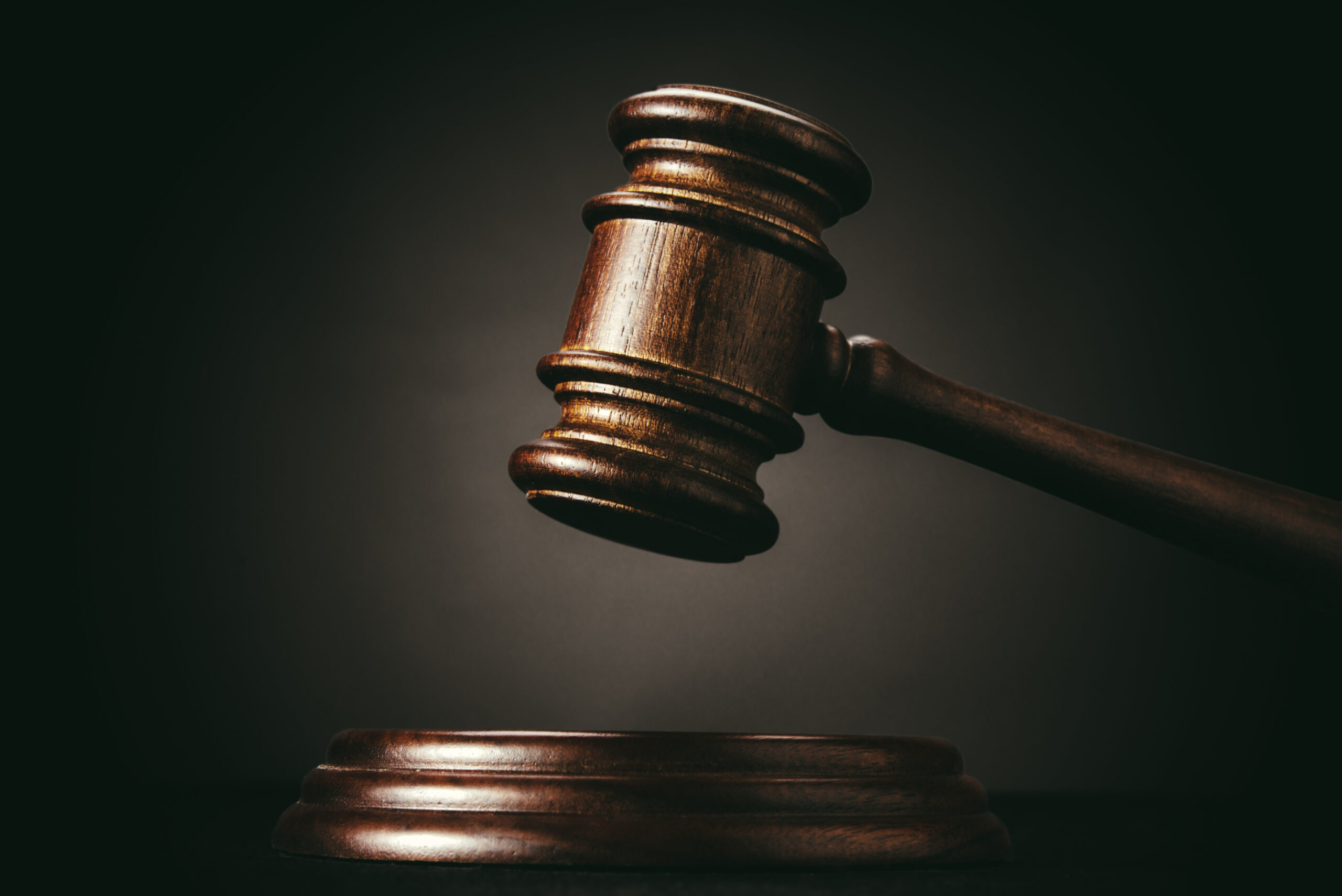
Navigating custody disputes is challenging enough, but false accusations significantly complicate these already difficult situations and can intensify the conflict between the individuals involved. False allegations can lead to a parent’s loss of custody or visitation. The stakes are high, and some parents resort to dishonest tactics to achieve their desired outcome. Please continue reading to learn how New Jersey courts handle false abuse allegations during custody cases and how our experienced Monmouth County Child Custody Attorneys can help you navigate these difficult times.
How Do New Jersey Courts Handle False Abuse Allegations During Custody Battles?
Unfortunately, false accusations in child custody cases are more common than most people realize. A parent may fabricate abuse allegations to try to skew the outcome of a custody case. These accusations may be entirely made up with no basis. However, other times they are based on a seed of truth and then embellished to become full-blown lies. According to research, between 2% and 35% of all custody cases involve false allegations.
The presence of fabricated abuse accusations creates an even more adversarial and damaging environment for everyone involved. As such, the courts carefully investigate abuse allegations during custody cases to protect the child’s best interests. Each parent will have the opportunity to present their case, prove their position, and dispute what the other side is alleging.
In many cases, these false abuse allegations backfire. If the accusations are deemed false, the court will impose sanctions like attorney’s fees, fines, the loss of custody or visitation rights, and even perjury charges in extreme cases.
How Can I Fight These Accusations?
If you are a wrongly accused parent, don’t panic. Even when you know that an accusation is a flat-out lie, it’s still crucial to understand how to prove false allegations in court. The first thing you should do is consult with an experienced family law attorney who can guide you on how best to build a strong defense against the accusations.
You need to keep detailed records of all interactions and gather evidence to support your case. Witness statements and expert testimony may help highlight inconsistencies in the accuser’s story and present facts that contradict their claims. Additionally, you should be honest with your attorney about anything true or partially true. It’s crucial to act quickly, especially if temporary orders of protection are sought by the other party.
As you can see, false allegations in family court can be challenging to fight against. However, working with a skilled attorney from Paone Zaleski & Murphy is crucial. Our legal team is prepared to help scrutinize the allegations and expose the other party’s falsehood. Connect with us today for guidance and skilled representation.

